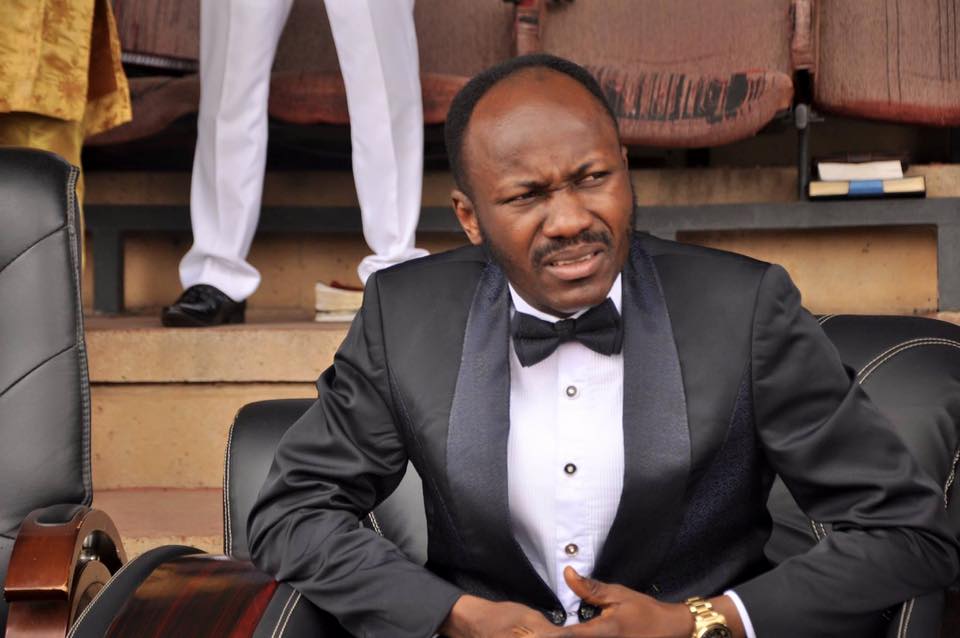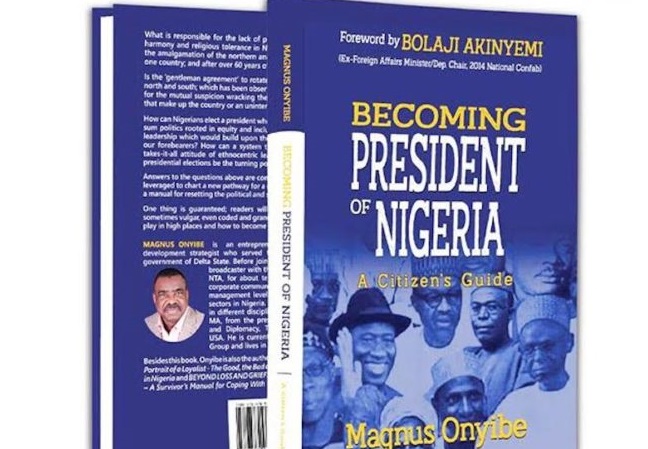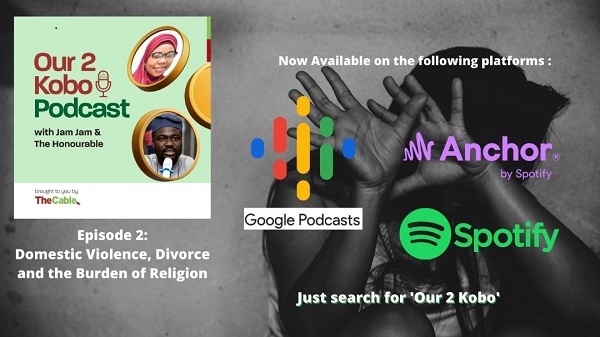The rate of growth in tech-driven solutions and platforms is alarming, which has cascaded to the astronomic drive and craving to create smart cities that support this imminent lifestyle in our world today. A smart city is a place where conventional networks and services are made more efficient with the use of digital solutions for the good of its residents and organizations. It traverses the use of technologies for resource optimization and less environmental pollution.
It implies an innovative urban transport system, automated water supply and waste management process, and superior approaches to lighting. It also points to a more interactive and responsive city administration, safer public spaces, and attending to the needs of an aging population. Smart cities pay attention to the infusion of human intelligence into everyday processes for improved productivity.
It, therefore, becomes imperative to look into how one can start a thought trail to create such realities. Abu Dhabi and Dubai have been ranked as the smartest cities in the Middle East and North Africa region in the Smart City Index 2021 (by the Institute for Management Development in collaboration with Singapore University for Technology and Design). Access tosmart infrastructure and services inclusive of health and safety, transportation, relaxation activities, business or career opportunities, and governance were considered.
Moreover, an innovative city uses information and communication technologies (ICTs) among other thingsto improve the quality of human life, urban operational efficiency and services, and competitiveness, while making sure that it supports present and future generations in economic, social,and environmental aspects. All of these have been epitomized in Dubai to earn for it the center of our discussion.
Advertisement
The first striking information was the building of Dubai’s smart city in the desert space. This has created opportunities for investment and innovative development, as well as emerging and smart technologies to transmute into a truly future-forward city. Some innovations that are at the root ofthese efforts include Dubai Data Strategy, Dubai 10X, Smart Dubai 2021, Dubai Blockchain Strategy, and Dubai Pulse Platform to mention but a few. It is deliberately positioning to become one of the smartest cities in the world and a leader in technology and innovation, positively affecting the lives of its citizens and businesses are benefitingfrom these strides. One such move that supports and drives growth, business,and innovation, as city administrators seek collaborative ways to make daily operations more efficient is the world-class infrastructure, named the Burj Khalifa (aka vertical city).
The Burj Khalifa has been the tallest building in the world (163 floors, total height of 829.8 m or 2,722 ft) since its opening on the 4th of January 2010. This is indeed a notable achievement for a city in which only 30 years ago almost all of its current magnificence was desert. The vertical city was constructed by Samsung C&T from South Korea, which also worked on the Petronas Twin Towers and Taipei 101. It was done in a joint venture with BESIX from Belgium and Arabtec from the UAE. Far East Aluminum collaborated (based in Hong Kong) to provide the exterior cladding for the tower. The foregoing are some interesting discoveries of a tower of such magnitude. We see clearly that it was easy to get to such a height with an organization that had done something of such comparative magnitude in the past. For short, copying what has worked in other places makes succeeding a lot easier and faster; just as Albert Einstein attributed his ability to see further to his standing on the shoulders of those gone ahead.
All the aforesaid imply that meaningful collaborations are important to achieving greatness, as great teams truly win medals and trophies. However, putting such teams together requires a people-value mindset that flows from the top. Humans are the greatest asset, oil is not, says President Sheikh Khalifa, as he credits the country’s successes to the development of its citizenry. Human capital is the real wealth of smart citiesbecause a city that is developed from the outside soon assumes the realities of those within it. Hence, developing human resources must be central to sustainable social and economic development. Truly humans form the foundation of any process of civilization, as they remain pivotal to any real and measurable progress. The UAE leads the Arab world in the area of human development (says United Nations), hence its continued ability to build on its past successes with the Dubai smart city.
Advertisement
In addition to the foregoing, government policies must be crafted to support smart city initiatives. Such policies mustencourage innovation, investment, and the development and implementation of pioneering technologies. Dubaiwelcomed more than 7 million visitors in 2021, representing year-over-year whooping growth of 32 percent, which puts it on the verge of achieving its several goals, from being the smartest city in the world to a center for business and partnerships.
Moreover, the government has begunover a hundred smart initiatives and a thousand smart services to improveseamlessness and sustainability thattransforms the way government services are delivered to citizens thereby increasing their happiness quotient. The United Nations has recently recognized Dubai as a role model for a smart, sustainable and resilient city.
Some benefits of a smart city powered through collaboration and shared benefits include:
Data-driven super-efficient decision-making: The continued progress of big data and connected devices have givencities access to information that hasnever been available with such levels of organization and possibility. A well-articulated data analytics strategy offers city administrators the ability to gain access to and analyze a massive amount of information in real-time while gleaning meaningful, actionable insights. The monitoring of desired metrics in real-time drastically improves service-delivery levels. The afore enhances security, eases expansion, allows a wider range of service possibilities, and tracks citizen interests, concerns, and needs among others. The combination of big data and the Internet of Things (IoT) offer almost endless possibilities to enable stronger decision-making. This directly impacts positively on the lives of residents by cutting costs and improving services.
Advertisement
Another is the enhancement of citizen and government engagement:Citizens in today’s world expect their cities to offer robust, easy-to-use digital services. These include intuitive websites, mobile applications, self-service platforms, and convenient online accounts. The standard in different areas of life has been raised (with work-from-home, decentralized finance and humanless technologies gaining acceptance), and residents expect no less from their city. Improving the experience of humans with digital services in communities makes smart cities a more attractive place for tourism while promoting a connected citizen experience.
The last benefit considered is an improved transportation system:Dubai smart city makes use of the driverless train system to improve its mass transportation initiative. This is a major part of building smart cities as attention to mass transit can drastically reduce city-wide stress, thereby dousing the mobility tension or stress. Well-connected transportation systems have some of the most promising potential to phenomenally improve efficiencies throughout a city (by reducing traffic jams and noise pollution). It helps to better manage traffic, while public transit riders can better plan their movementsand track bus or train locations. The smart technologies allow cities they serve, better serve citizens in spite of the possibility of a rapidly growing population. Smart transportation technologies, like smart parking management, allow leadership to add-on revenue streams. Lowered traffic congestion and growth in driverlessvehicles reduce vehicle-related space needs in urban areas, thereby freeing up land use for development leading to increased efficiencies.
We can safely conclude that the spiral upwards of the return on investment with smart cities like Dubai, benefits the individual human (tourists and citizens), organizations (local and foreign), government as well as the environment because smart cities get smarter over time. Thank you for the time investment, as I remain yours in tech, Olufemi Ariyo. Email: [email protected]
Advertisement
Add a comment






